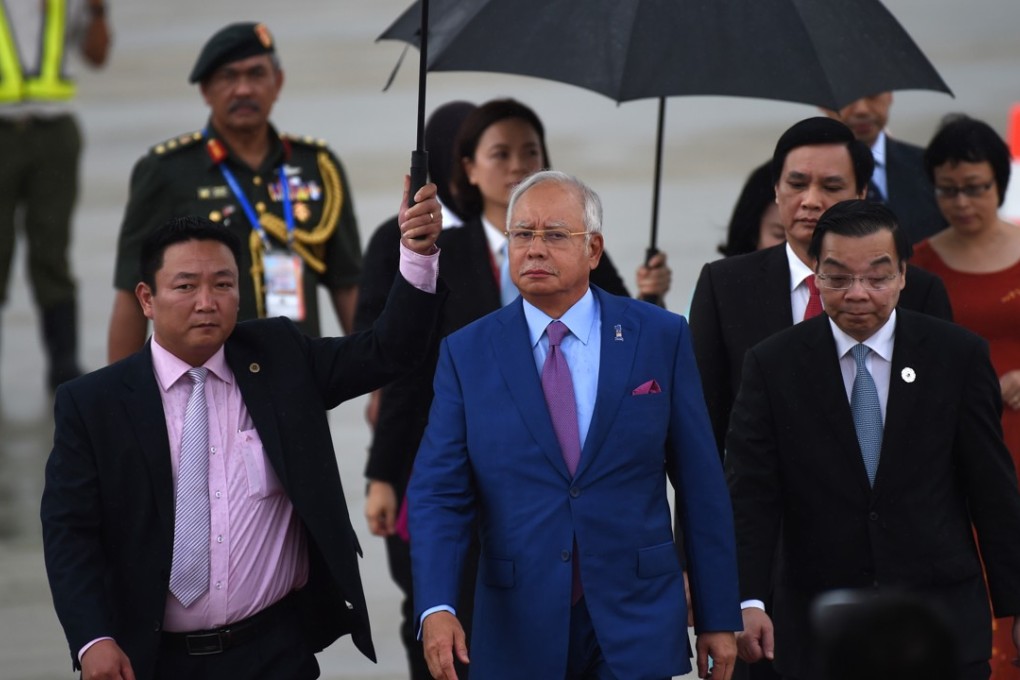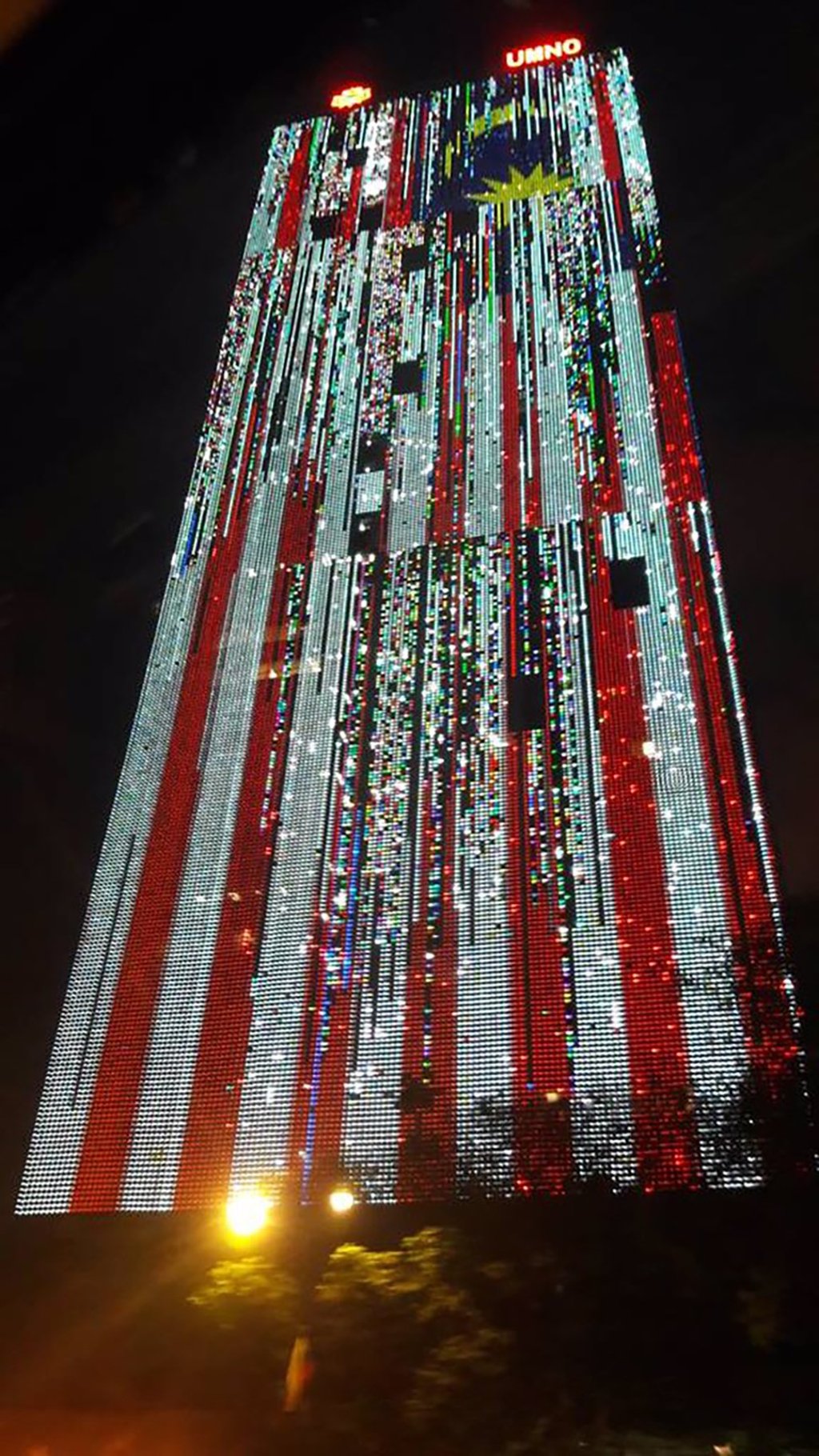What’s behind Malaysia’s election apathy?
Especially among the young, Malaysia’s 14th general election is increasingly being seen as a choice between the lesser of two evils

Lunar New Year has come and gone. Malaysia’s 14th general election, or GE14, could take place by the end of this month.
In most normal countries, you’d look to the newspapers and television to get a sense of public sentiment. That won’t help you much in Malaysia.
With the government clamping down on all forms of expression – sometimes in the name of fighting “fake news”– trying to get a sense of how Malaysians feel isn’t easy.
Even online media has grown reticent in the face of increasing legal pressure.
In the absence of polls and a neutral, objective media, political observers must often look for clues or signs in the strangest of places.

Take the hideously distorted electronic representation of the Malaysian flag currently adorning the 40-storey United Malays National Organisation (Umno) building in Kuala Lumpur. Despite an obvious technical glitch that has resulted in the “Jalur Gemilang” looking more like a toddler’s colouring book, the party leadership apparently can’t be bothered to either rectify or reset the LED display.